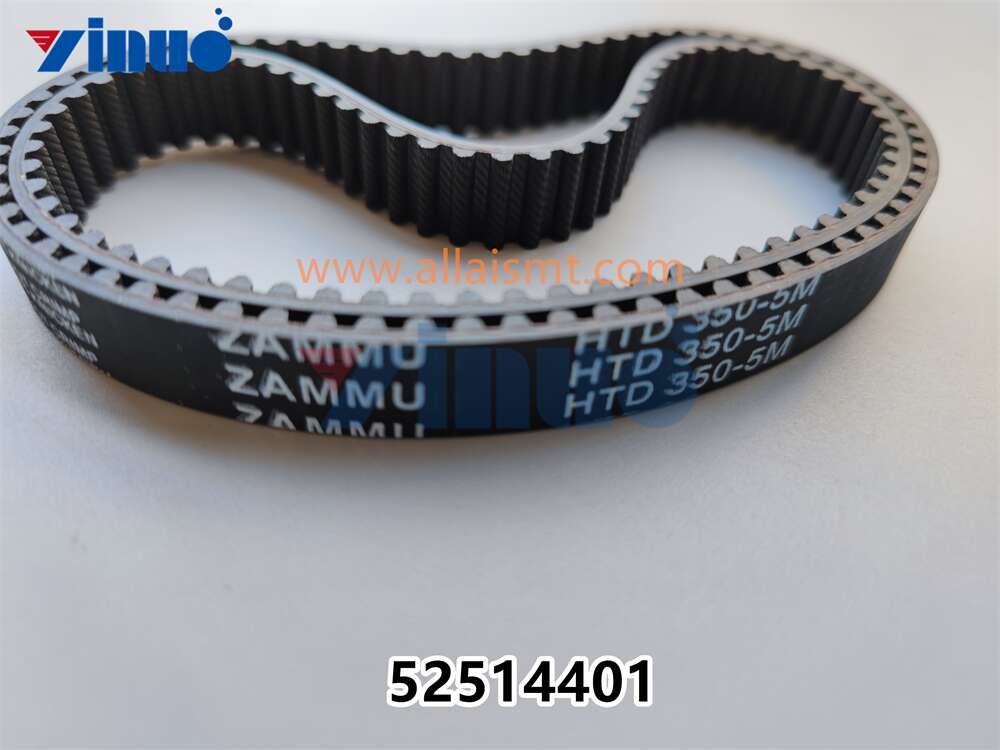In the production process of FPC, if you don’t pay attention to touching the PCB pads with your fingers, especially the FPC with surface treatment, it will cause oxidation. When the FPC board surface is oxidized in the case of soldering components, it is very easy to fall off and be scrapped. Because the finger prints are full of sweat and dirt, the ingredients are some carbonate and human fat, it is very easy to cause hemiplegia of the PCB. What’s the harm of that little finger print?
1. Fingers touching FPC flexible circuit board will make the copper on the board surface chemically change in a very short time, resulting in oxidation of the copper surface. After a little time, after electroplating process, it showed obvious fingerprint identification, uneven coating, which caused serious poor appearance of goods.
2. Touching the FPC board with your finger before solder resist will cause the worse the adhesion of the cover film under solder resist.
3. During the process from solder resist to before packaging, bare hands touching the surface of the gold deposit plate will cause the surface to be not cleaned up, resulting in poor solderability.
4. The printed wet film or silk-screen printing ink route and the board face in front of the press mold contain fingerprint-identifying vegetable oil, which is very easy to reduce the adhesive force of dry/wet film. During the electroplating process, infiltration plating and coating separation are caused, and the gold plate is easy to cause the board face grain. After the solder resist is made, the board face is oxidized, and the color of yin and yang appears.
If this kind of fingerprint condition is not prevented, it will cause great harm to the product’s compliance rate. In the process of FPC processing, Kapoor High-tech strictly manages that employees must carry finger gloves with them before they can take the board, thus greatly reducing repair rate and improving work efficiency.

